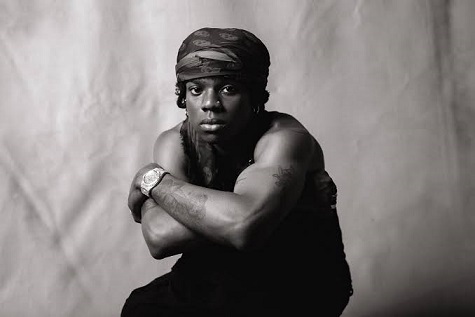
Campaigners want to see a monument to Cecil Rhodes – a 19th century businessman and politician in southern Africa – removed.
Campaigners have reignited a campaign for a statue of British imperialist Cecil Rhodes to be removed from an Oxford University college amid growing anti-racism protests.
At the weekend, a statue of 17th century slave trader Edward Colston was toppled in Bristol.
Now campaigners want to see the Oriel College monument to Rhodes – a 19th century businessman and politician in southern Africa – removed, and have planned a protest in front of the statue at the same time as George Floyd’s funeral in Houston, Texas.
Demonstrations supporting the Black Lives Matter movement have been taking place across the UK since the death of Mr Floyd during his arrest by a white police officer in the US two weeks ago, and there have since been increasing demands to remove the legacy of racism and colonialism from institutions.
A petition has been signed by thousands of people calling for the Rhodes monument to be brought down “as soon as possible”.
It says: “As long as the statue stands the university is only alienating those of whom Rhodes’s beliefs have persecuted and oppressed to this very day.”
Despite widespread student demands to remove it in 2016, the university decided to keep the statue of Rhodes – viewed by some as the founding father of Apartheid – because it represented “the complexity of history and of the legacies of colonialism”.
It said at the time it would “seek to provide a clear historical context to explain why it is there”.
The Rhodes Must Fall Oxford campaign group argues the university has “failed to address its institutional racism” and the impact on students and the city.
An open letter on Tuesday to the university’s vice-chancellor from campaigners signed by more than 6,600 individuals and organisations, including city councillors, says the institution has only made “inconsequential inroads” into tackling the material legacy of imperialism, adding it “is not enough”.
It reads: “A city’s public art and monuments should reflect its values. The presence of this statue on our high street is incompatible with our city’s proud internationalist heritage and commitment to anti-racism.”
Rhodes served as prime minister of the British Empire’s Cape Colony, including South Africa, in the early 1890s.
Policies he pursued have been seen as paving the way for racial segregation.
Tens of thousands of people have taken to the streets of cities including London, Manchester, Cardiff, Leicester and Bath to protest against racism following Mr Floyd’s death.
Credit: Skynews





